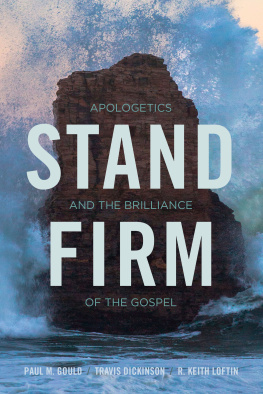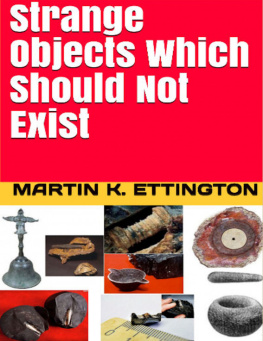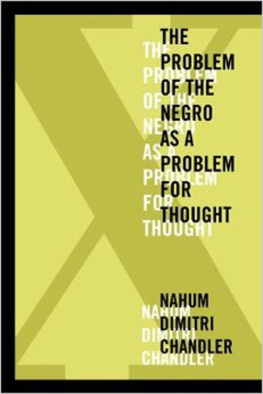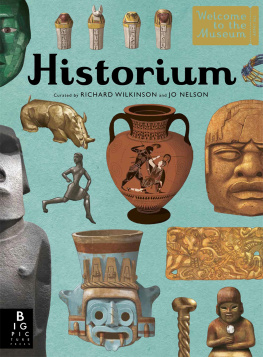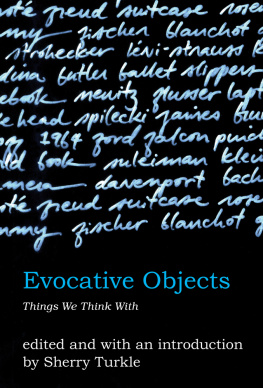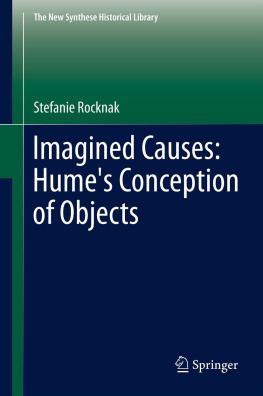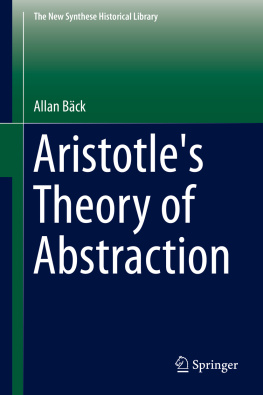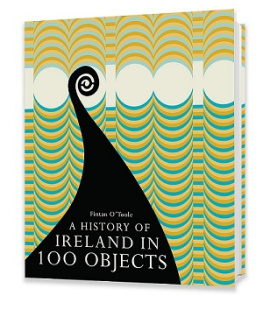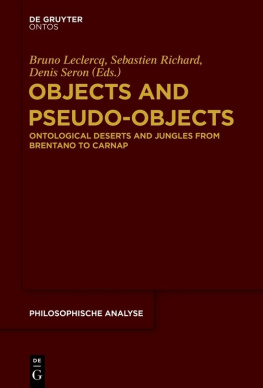Beyond the Control of God?
Bloomsbury Studies in Philosophy of Religion
Series Editor:
Stewart Goetz
Editorial Board:
Thomas Flint, Robert Koons, Alexander Pruss, Charles Taliaferro, Roger Trigg, David Widerker, Mark Wynn
Titles in the Series
Freedom, Teleology, and Evil
by Stewart Goetz
Image in Mind: Theism, Naturalism, and the Imagination
by Charles Taliaferro and Jil Evans
Actuality, Possibility, and Worlds
by Alexander Robert Pruss
Gods Final Victory: A Comparative Philosophical Case for Universalism
by John Kronen and Eric Reitan
The Rainbow of Experiences, Critical Trust, and God
by Kai-man Kwan
Thinking Through Feeling: God, Emotion and Passibility
by Anastasia Philippa Scrutton
Philosophy and the Christian Worldview: Analysis, Assessment and Development
edited by David Werther and Mark D. Linville
Goodness, God and Evil
by David E. Alexander
Well-Being and Theism: Linking Ethics to God
by William A. Lauinger
Free Will in Philosophical Theology
by Kevin Timpe
The Moral Argument (forthcoming)
by Paul Copan and Mark D. Linville
For Ethel
a loving wife who exemplifies in excelsis the property being patient .
For J. P. Moreland
it is his fault I am a platonist regarding abstract objects.
For Michael Bergmann and Jeffrey Brower
who introduced me to the problem of Gods relationship to abstract objects while in graduate school.
Beyond the Control of God?
Six Views on the Problem of
God and Abstract Objects
Edited by Paul M. Gould
Contents
Parts of this book draw from previously published works. The Introduction and the Yandell, Gould/Davis, and Craig lead essays appeared in earlier form in a symposium on God and Abstract Objects within the pages of global rights for materials by Gould, Craig, Davis, and Yandell (vol. 13, no. 2, Winter 2011) to appear in this volume.
I am grateful to all the contributors for their hard work, collegiality, and insight, as we have grappled together with the knotty question of Gods relationship to abstracta. This project is not for the faint of heart, and I have benefitted greatly from the vigorous yet irenic spirit of all participants in this book. I personally have learned a great deal, and have been challenged and pushed further than I could have hoped for at the outset in clarifying and defending my own preferred view (along with Richard Brian Davis) of Gods relationship to abstracta. I am grateful to Professor J. P. Moreland for first introducing me to metaphysics; it is his fault that I am a platonist regarding abstracta. I am also grateful to Michael Bergmann and Jeffrey Brower, two members of my dissertation committee, who presented a tight argument in the literature for the incoherence of the conjunction of two things I hold deartraditional theism and platonism. Their sober argument provided the perfect target for me to begin exploring the problem of God and abstract objects. I am especially grateful to my friend Richard Brian Davis, my co-defender of modified theistic activism in this book. Rich has been a constant source of encouragement and joy. Finally and above all I am grateful to my wife Ethel; without her patience and support I cannot imagine this work, or much else I do, coming to completion.
objects and then by imposing some order into the debate by classifying various contemporary answers to the problem, answers that are rigorously set out and debated in the interactive format of this book.
Statement of the problem
What exactly is the problem of God and abstract objects? The term God, as traditionally understood, signifies a personal being who is worthy of worship. Stipulate that terms and predicates such as property, proposition, relation, set, possible world, number, and the like belong to the class abstract object. Suppose there are objects that satisfy the above terms and predicates. God exists and so do abstract objects. Prima facie , there is no problem here. So, we dig deeper: As a being worthy of worship, Gods non-existence is reasonably thought impossible. That is, God is best understood as a necessary being. But, it is natural to think of abstract objects as necessary beings as well. Again, no obvious problem hereGod is a necessary being and so are the members of the platonic horde.
But, as we dig deeper problems begin to surface. As a being worthy of worship, God, a necessary being, is typically thought to exist a se . That is, God is an independent and self-sufficient being. Further, God is typically thought to be supremely sovereign over all distinct reality in this sense: All reality distinct from God is dependent on Gods creative and sustaining activity. Thus, a traditional theist will endorse the following aseity-sovereignty doctrine AD:
But the view that there are abstract objects that also exist necessarily seems to be a repudiation of AD. The reason is this. It is natural to think that if something exists necessarily, it does so because it is its nature to exist. Thus, abstract objects exist independently of God, which is therefore a repudiation of AD and traditional theism.
Call the view that there exists a realm of necessarily existing abstract objects platonism . For many contemporary analytic philosophers, platonism offers a theoretically attractive way to understand the relationship between mind, language, and reality. Interestingly, platonism also continues to be the ontology of choice among many contemporary analytic To state the tension explicitly, consider the following three jointly inconsistent claims (setting aside sets with contingent members):
INCONSISTENT TRIAD
(1) Abstract objects exist.
(2) If abstract objects exist, then they are dependent on God. [from AD]
(3) If abstract objects exist, then they are independent of God. [platonist assumption]
All three claims can be independently motivated, but they form an inconsistent set. At most only two of the three claims in INCONSISTENT TRIAD can be true. Which claim should go? This question is difficult because the rejection of any of (1)(3) leads to further problems. If (1) is rejected, the best solution (to many) to the problem of universals is abandoned and the age-old nominalism-realism debate ensues. All is not the same however. With the inclusion of God as an entity on the ontological books, the debate is pushed further along and familiar objections to either view lose some of their original force. Brian Leftow, who defends a view he calls theist concept nominalism, argues if there were a God, this would have dramatic implications for the problem of universals. In particular, it would (I believe) blunt the force of all standard arguments for realism (2006, 325). Others are not so sure. Professor Weaver blames the fourteenth-century theist, William of Ockham and his nominalism as the root of contemporary cultures decline: the defeat of logical realism in the great medieval debate [on universals] was the crucial event in the history of Western culture; from this flowed those acts which issue now in modern decadence (1984, 3). So, the rejection of (1), that is, platonism, is difficult for many contemporary analytic philosophers of religion: Platonic entities do all sorts of work and (to many) seem to be required for the best theory of the mind-world-language relationship. Thus inclined, the theist will want to be a platonic theist. Thus, the platonic theist can either reject the common understanding of traditional theism (that is, reject (2)) or reject a common platonist assumption regarding abstract objects (that is, reject (3)).
Claim (2) is well motivated given AD. If abstract objects exist and God is not an abstract object (that is, God is distinct from abstract objects), then it is natural to think God is the creator of abstract objects as well. And if God is the creator of abstract objects, it follows that abstract objects are dependent on God. Claim (2) also allows for abstract objects to exist as uncreated yet dependent entities, as long as they are not distinct from God. If distinct from simply means something like not external to Gods borders, then one might consistently endorse (2) and argue that abstract objects are uncreated entities that are somehow part of God. Such abstract objects would be dependent on God in some way, (say) perhaps a kind of constituent dependency, and AD is preserved. Alternatively, the platonic theist can reject claim (2) by arguing that traditional theism does not require the strong aseity-sovereignty doctrine AD. Perhaps the notion of God creating abstract objects is incoherent or impossible. Or perhaps AD is not entailed by the teachings of Scripture, or it does not apply to abstract objects. Of course, the platonic theist could simply opt to be a nontraditional theist as well in her rejection of claim (2).
Next page

